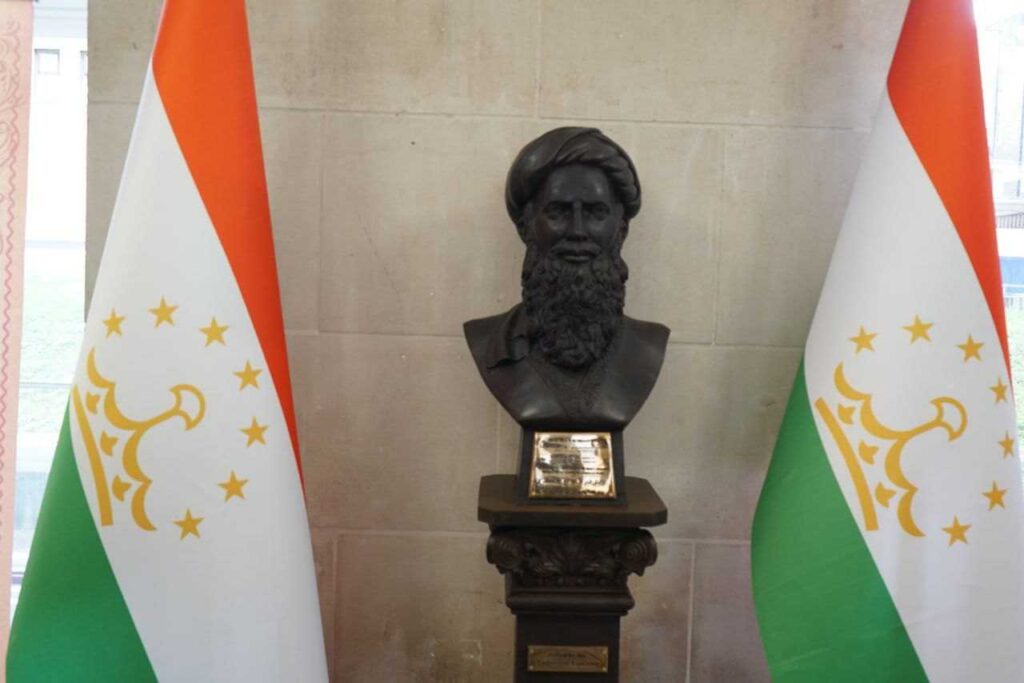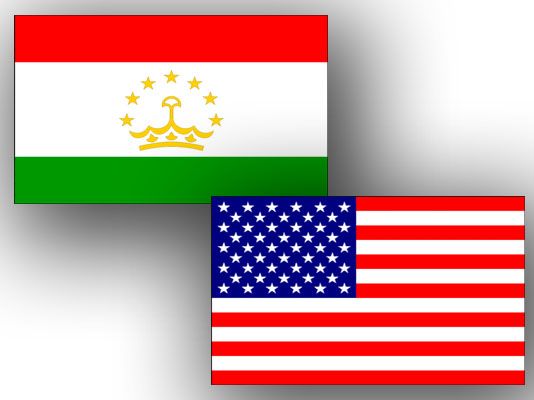Russian-Tajik Singer Upsets Some in Russia with Comments After Moscow Attack
A Tajikistan-born singer who performed for Russia at the 2021 Eurovision Song Contest is under scrutiny in Russia for comments about the brutal treatment of several suspects after the mass killing at a Moscow music venue on March 22. Manizha Sangin has condemned the attack that killed 144 people and said the perpetrators should face the “harshest punishment” allowed under the law. But her statement that some suspects suffered “public torture” after they were detained could be subject to an official inquiry, according to reports. Videos released on social media after the arrest of several suspects from Tajikistan appeared to show that they had been severely beaten. The Islamic State group claimed responsibility for the attack at the Crocus City Hall in which gunmen fired indiscriminately at civilians in the auditorium and other areas of the complex. In an initial video, a tearful Sangin said she was glad that her grandmother, who died more than a decade ago, was not alive to witness distressing events in recent years. She also said the “atrocities” in Moscow last month had been met with “public torture.” One response on Sangin’s Instagram feed was caustic: “What did grandma say about not killing innocent people? Or is it only Russians who need to learn patience, and only they are expected to forgive? What would grandma say if innocent people were shot at a concert in Dushanbe?” Facing such criticism, Sangin followed up with another video and a statement in which she clarified that she did not seek to justify the actions of the killers. “It is important not to imitate an inhuman value system, this is what separates us from terrorists,” said Sangin, while urging people not to foment “differences” with Tajiks and other people from Central Asia. Many migrants seek work in Russia despite harsh conditions and discrimination, and there have been scattered reports of increased harassment of Central Asians in Russia since the Moscow attack. Sangin, 32, sang “Russian Woman” at the Eurovision contest and her performance seemed aimed at symbolizing inter-ethnic harmony in Russia. But she was denounced online and promoters canceled many of her concerts after she criticized Russia’s invasion of Ukraine in 2022. The singer, who has campaigned against domestic violence and has supported charities, said any furor over her recent remarks about the Moscow attack is misplaced. “In no way do I want my words to become a cause of discord in our society,” she said. “My condolences once again to all those affected by this monstrous tragedy. You don't deserve to go through the inflated scandals in the media.”








